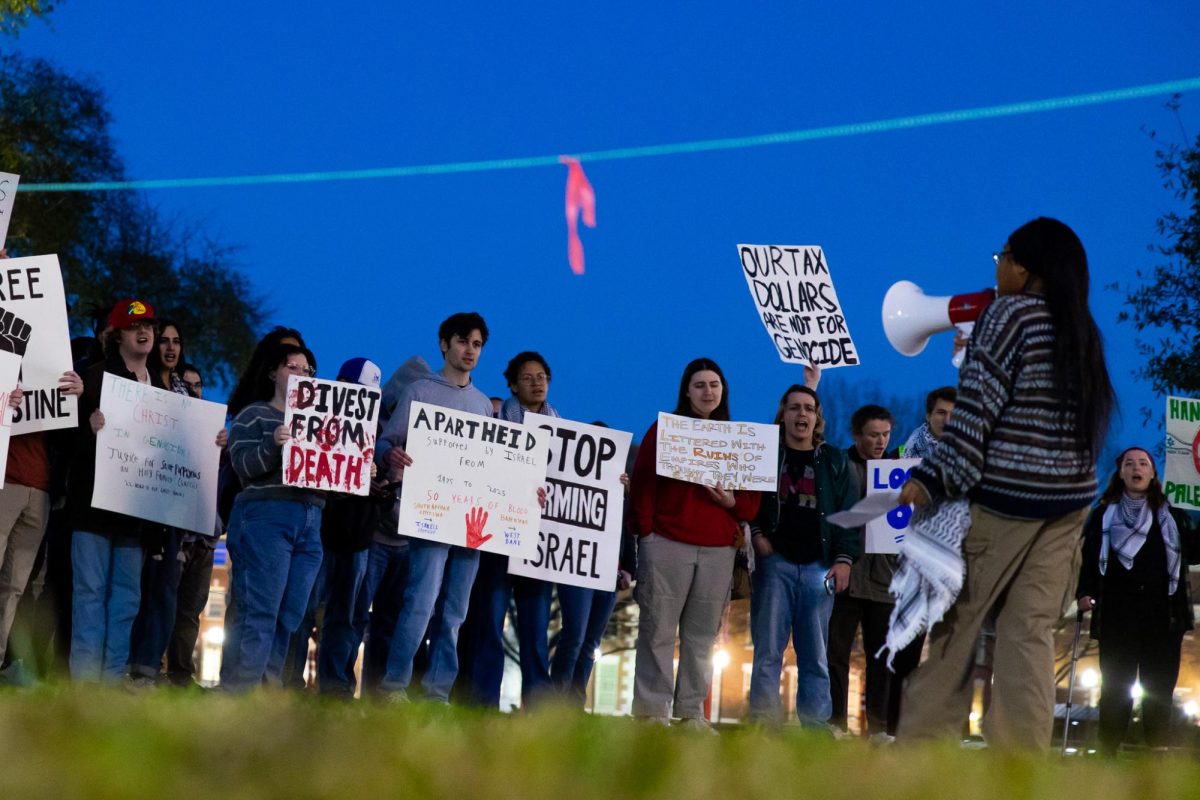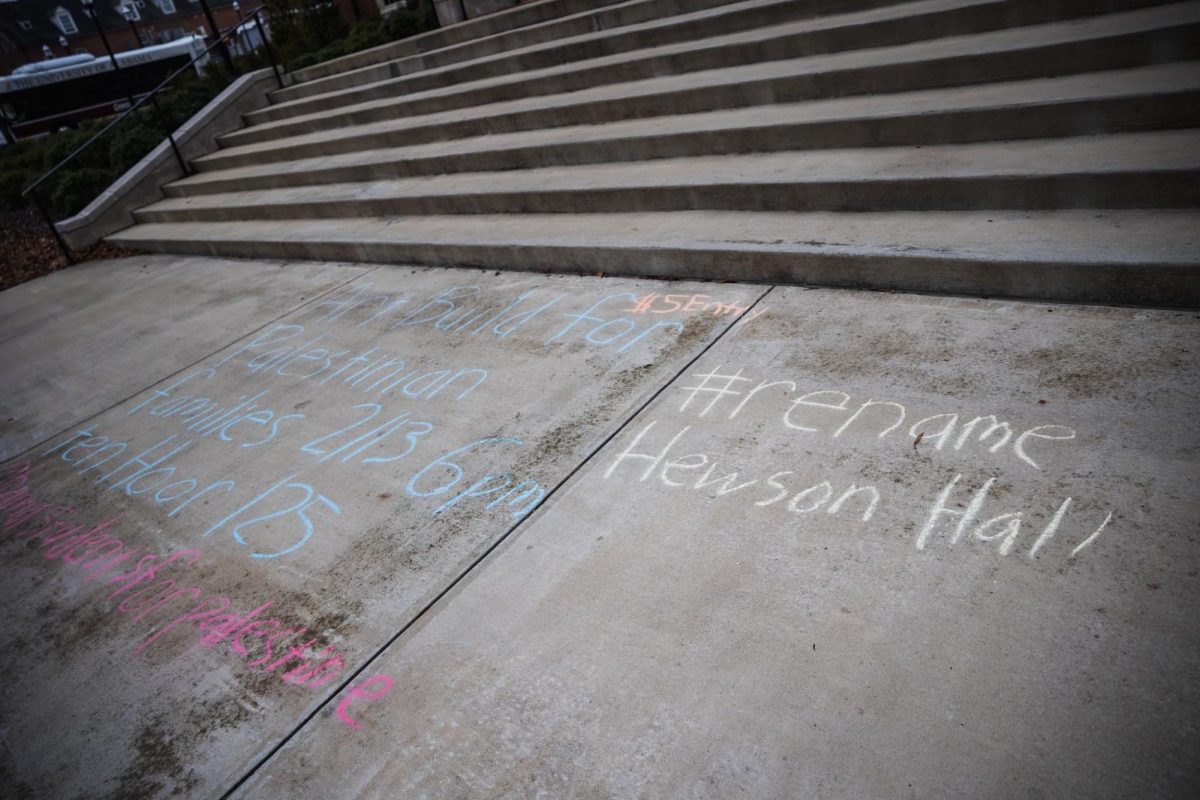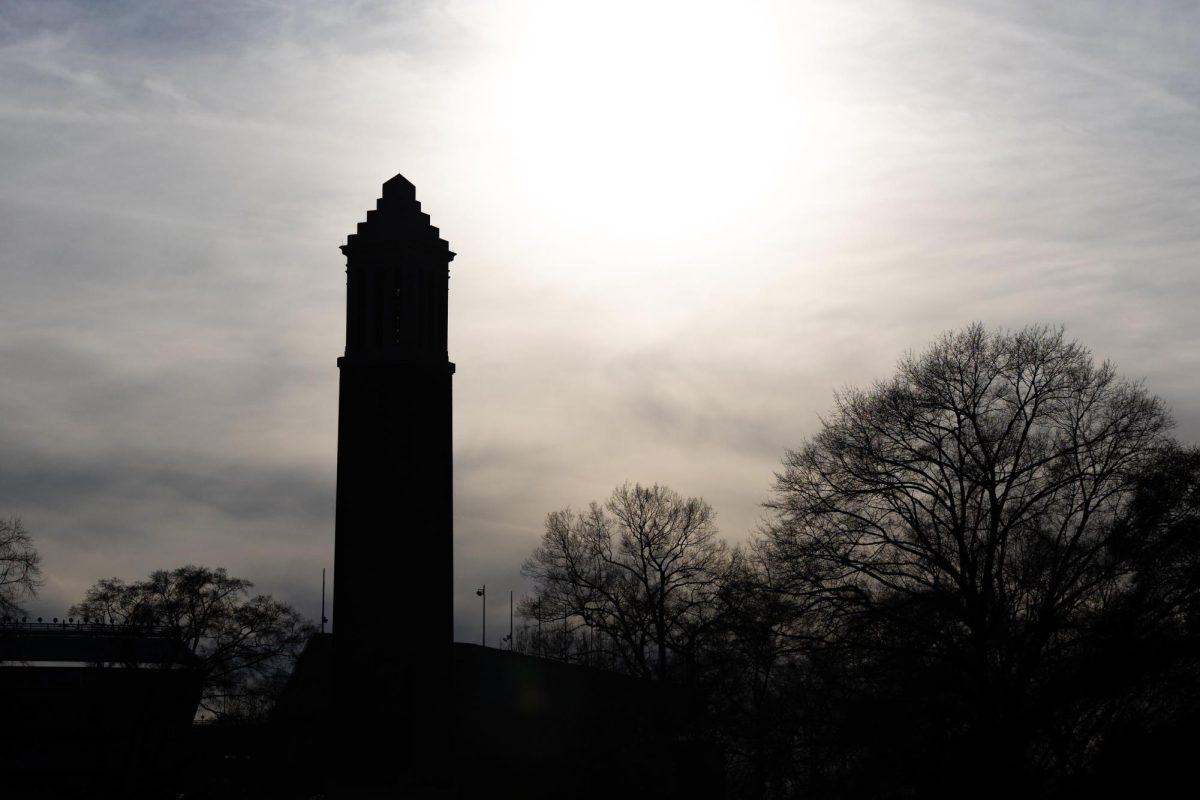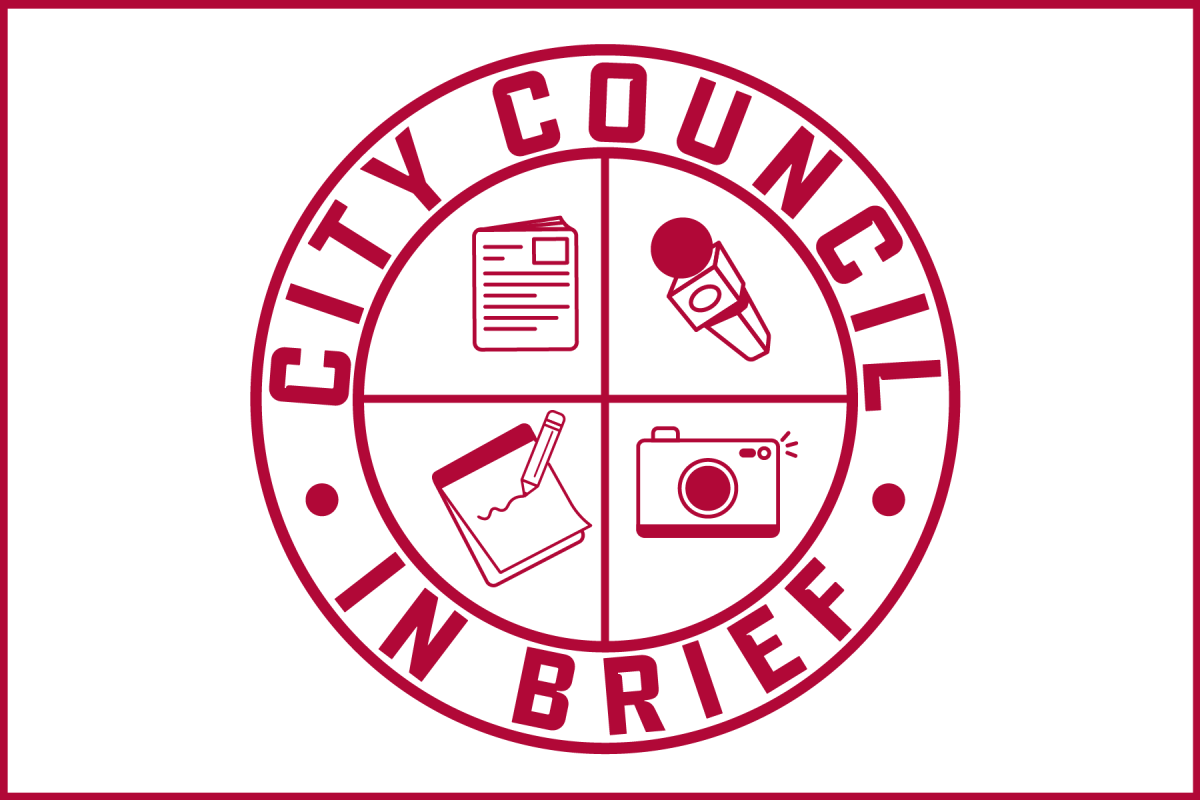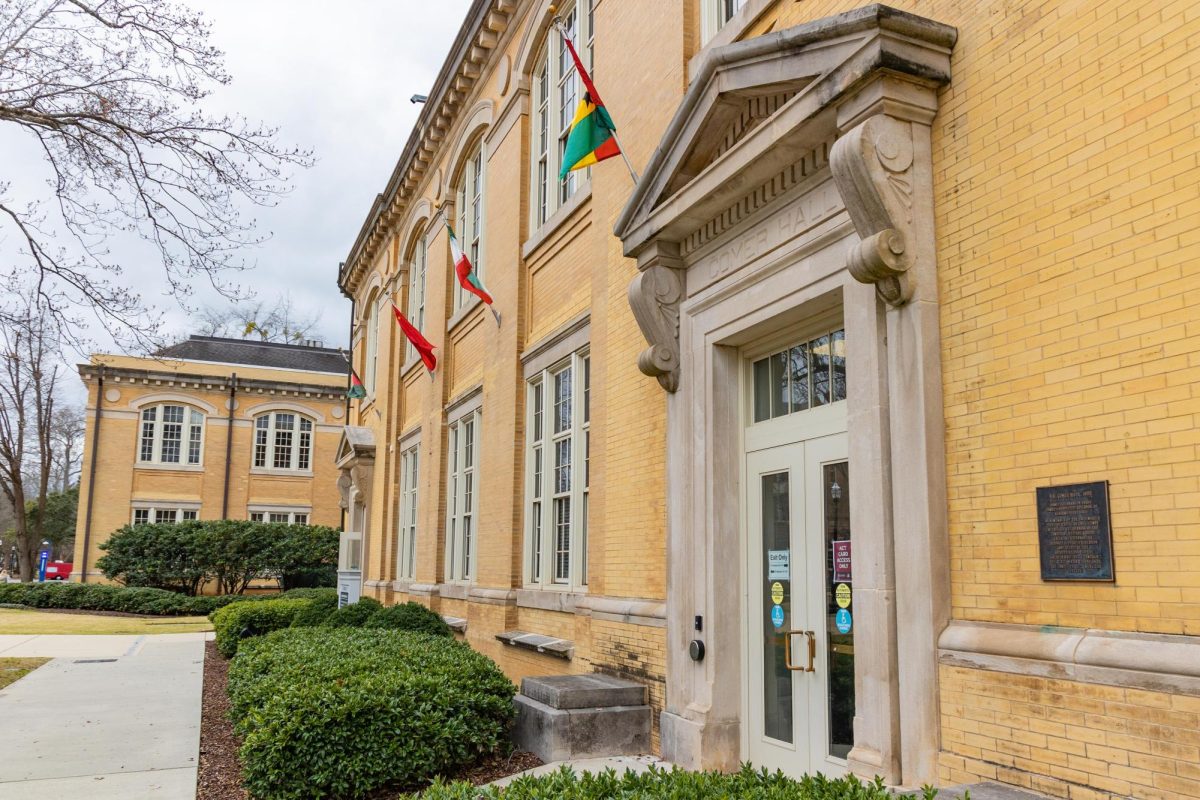The Black Student Union announced Wednesday that it has relocated from its current office in the Student Center in compliance with the recent Senate Bill 129. The University has permanently closed the UA Safe Zone, a former center that provided LGBTQ+ support and advocacy programming on campus.
SB129 prohibits public institutions of higher education from funding diversity, equity and inclusion programs and departments as well as from maintaining DEI offices.
“We are saddened by this loss—not just of a physical space, but of a place where we have gathered, shared, and built a community rooted in our shared experiences, struggles, and triumphs,” wrote Jordan Stokes, BSU president, in a statement on Instagram. “Our office was more than just four walls; it was a haven for all of us, a place where we could be ourselves, support one another, and celebrate our culture and heritage.”
The University will cut “initiatives, programs and responsibilities” that don’t comply with the law, wrote Alex House, associate director of communications for the University, in an emailed statement.
“In accordance with state and federal laws, no University program, space or benefit will contain impermissible restrictions, preferences or limitations related to race, color, religion, sex, ethnicity, national origin, sexual orientation or gender identity,” House said. She added that the University met with student leaders of the BSU and organizations who used the Safe Zone to discuss the closures.
“University funds will not be used to continue programs offered at Safe Zone,” House said. “Student employees previously assigned to Safe Zone were offered other opportunities, and the staff role in Safe Zone had been vacant and will not be filled.”
This change comes weeks after Stuart Bell, president of the University, announced that the University’s DEI division will be replaced by the Division of Opportunities, Connections and Success.
The announcement said that the University “will continue to provide resources and support to every member of our campus community” but made no mention of the closure of the BSU office and the Safe Zone’s dedicated space.
When asked why Bell didn’t mention the BSU and Safe Zone changes in his email, House did not respond. She also did not respond to the following questions regarding University transparency about SB129 compliance measures:
- Why the University did not notify students of the closure of dedicated spaces for the Safe Zone and BSU
- If the University committed itself to full transparency surrounding major changes made for compliance with SB129
- Which specific lines of the law required the University to close these spaces.
House also did not say where the BSU would move to, but instead said that the BSU and student organizations that met in the Safe Zone could reserve meeting spaces at the Student Center and other campus facilities.
“The University will continue to provide resources and support to every member of our campus community and remains committed to our institutional goals to welcome all, serve all and see all thrive and succeed,” House said.
However, multiple students have said that is not how they feel they have been treated after the passage of SB129.
“I truly hope Kay Ivey and this entire Republican ordeal are genuinely happy knowing that the fears of their African American constituents have escalated because of their [Republicans’] own insecurity about diversity, equity and inclusion,” Gabby Kirk, former BSU Vice President, said.
Kirk said that the BSU never stated that it was for Black students only but that there were not many non-Black students that went to the office, because they didn’t feel the need to.
The law defines a DEI program as “any program, class, training, seminar, or other event where attendance is based on an individual’s race, sex, gender identity, ethnicity, national origin, or sexual orientation, or that otherwise violates this act.” The law bans sponsorship of offices that support DEI programs, but it is unclear if the University considered the BSU and Safe Zone to be such offices under SB129.
While the BSU is losing its dedicated office, Kirk feels the separate space was necessary, as it provided a safe place for Black students on campus.
“The reason that the BSU office existed was not just for representation,” Kirk said. “It was an area where people from different organizations could really do their work without the fear of discrimination from others.”
Despite the closure of the office, Stokes said that the BSU will “continue to connect, support one another, and stand strong in the face of adversity.”
“Let us use this moment as a call to action, to support one another, and to ensure that our voices are heard. We are more than a space; we are a community, a family, and we will continue to thrive, no matter the obstacles placed before us,” Stokes said.
Editor’s note: This story was updated Aug. 23 to clarify that the Safe Zone has permanently closed and that it will not be relocating. When initially asked by The Crimson White on Aug. 21 where the BSU and Safe Zone would relocate to, House did not specify that the Safe Zone had permanently closed along with its programming, instead only saying that the dedicated space for the center had closed. House only clarified that the Safe Zone had closed permanently in a statement provided after publication.





